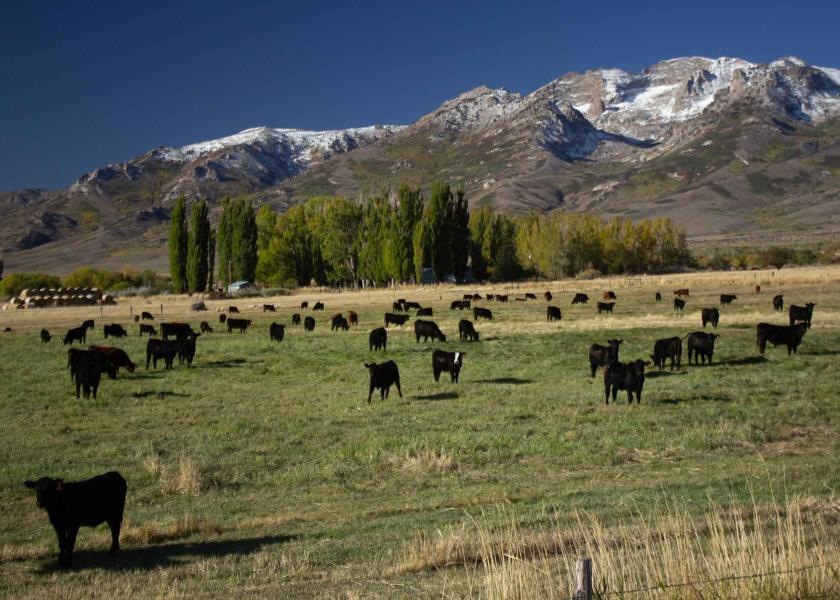Nalivka: Beef Prices, Environmentalists and the Beef Industry

Every American knows that prices have risen sharply over the past 12 months. We probably don’t need to be reminded on a 24-hour basis by the broadcast news media. We all buy gas, diesel or propane, pay electric bills, and buy groceries. And, in fact, it seems as though the price of beef has gained a close second to the price of gasoline with regard to reporting of higher prices. So, while I obviously would not disagree that beef prices are higher, I would ask the question – is there something more to the attention that these higher prices have captured in the media?
With the stepped-up attention toward climate change, I might suggest that there are some, environmentalists to be specific, who see higher prices as one way that Americans would reduce their beef consumption. Isn’t that convenient - directing attention to the demand side of the equation? As a Bloomberg article this week stated, weaker packer margins are a “sign that demand for the luxury meat is flagging.” Is this solid demand analysis or wishful thinking? I might choose the latter. Another article in the Washington Post once again talked about cattle and destruction of the Amazon.
The beef industry has made giant strides over the last 20 years with regard to the use of resources and capturing production efficiency. This paints a very positive picture across the entire the supply chain that is easily illustrated with two numbers. In 1980, the industry produced 449 lbs. of beef per brood cow. By 2021, that figure was 687 lbs. of beef per cow. In 2022, I am projecting the U.S. beef production per cow will increase further to 690 lbs. But furthermore, the quality of that beef in 2021 was significantly better from every perspective than it was in 1980! Rising beef prices have been demand driven.
However, the negative attention toward the beef industry with regard to the environment has not gone away particularly as drought continues to be the impending issue facing the industry as 2022 progresses. There will be increased focus on climate change and the “impact” of cattle production. How better to bring that focus to bear than the issue of consumer prices and then also drawing attention to packers and corporate America. Does that sound like blaming the price of gas and diesel on oil companies? Stay tuned.







